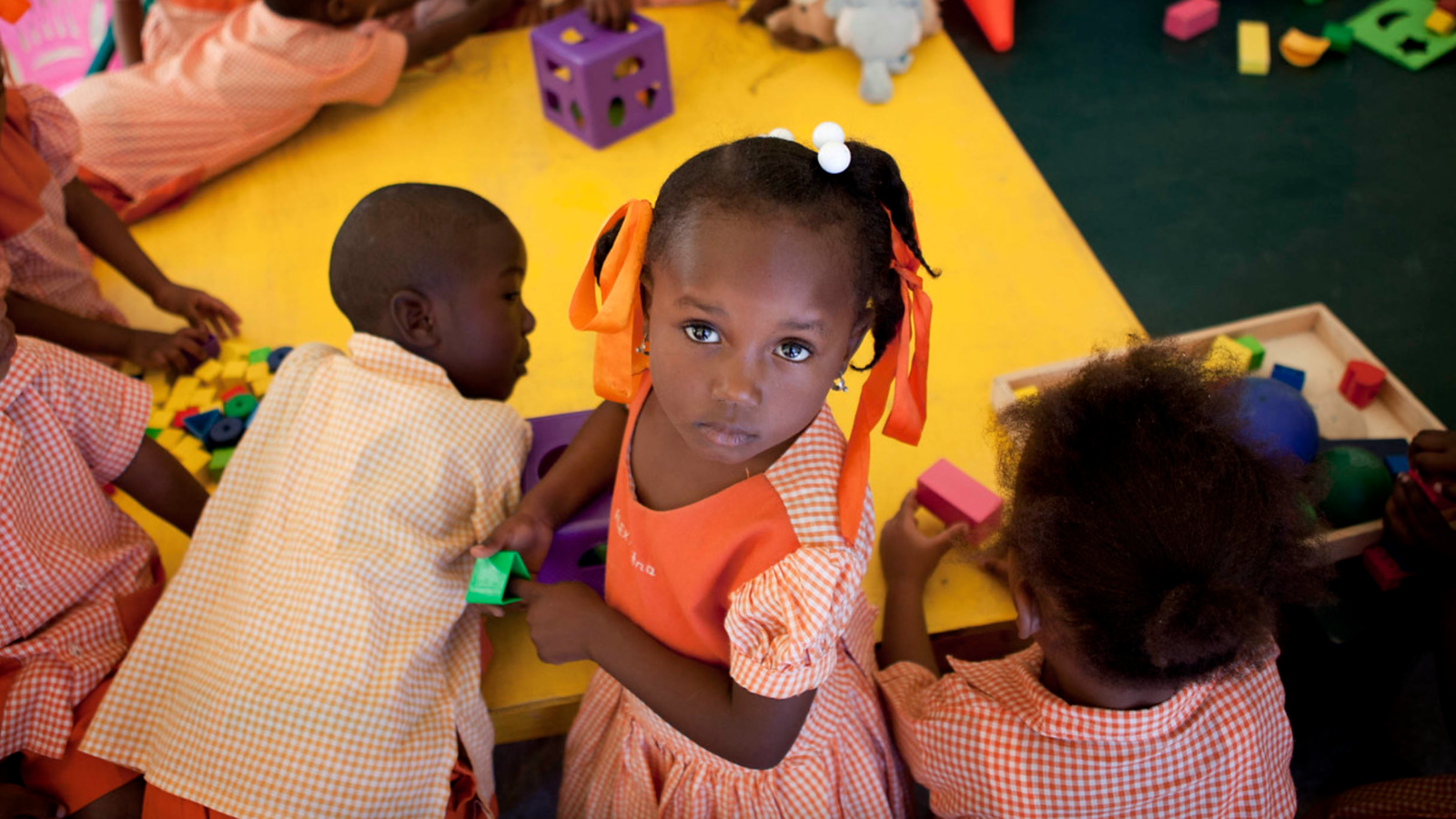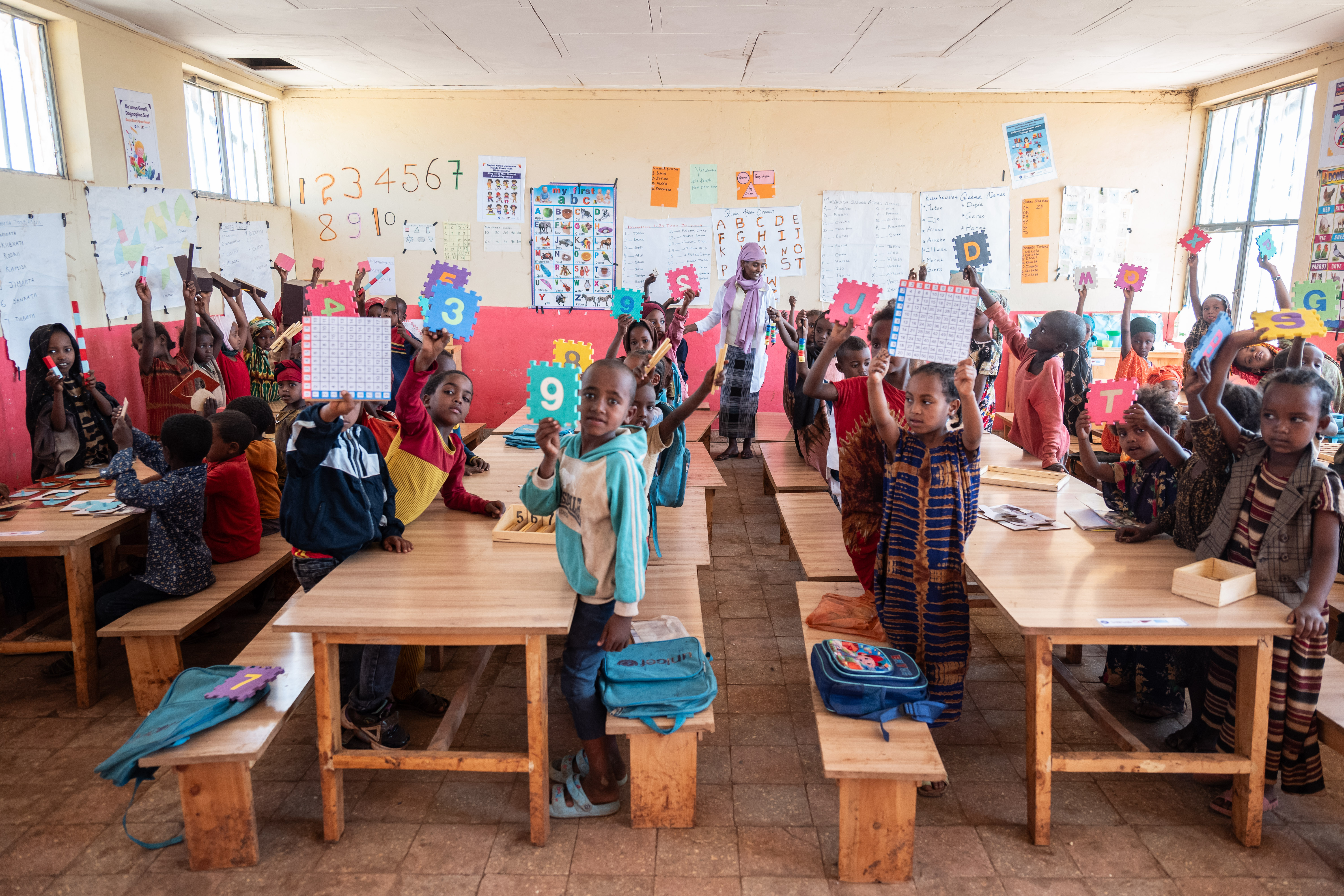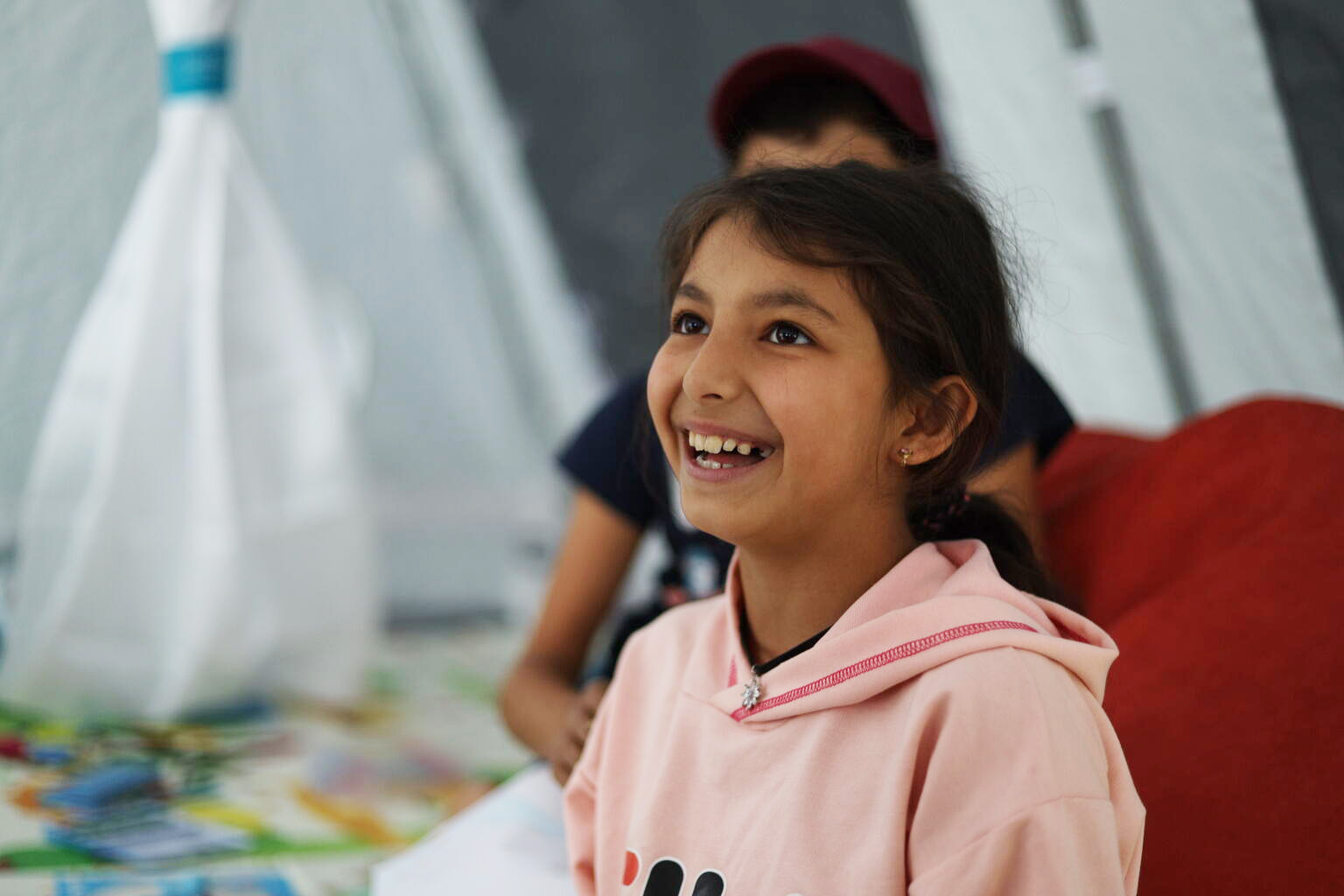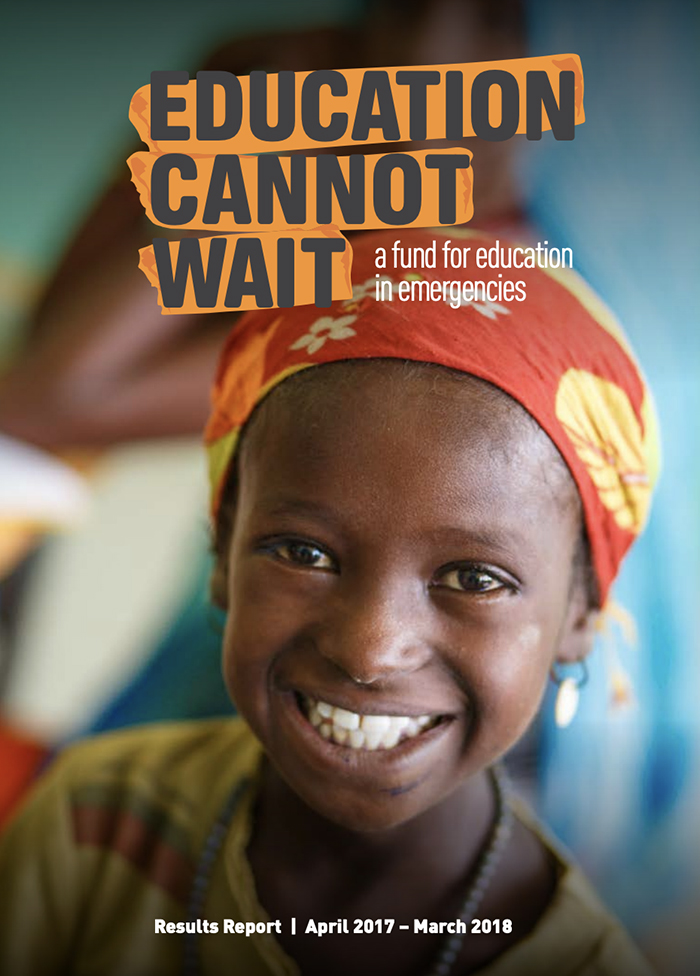Overview
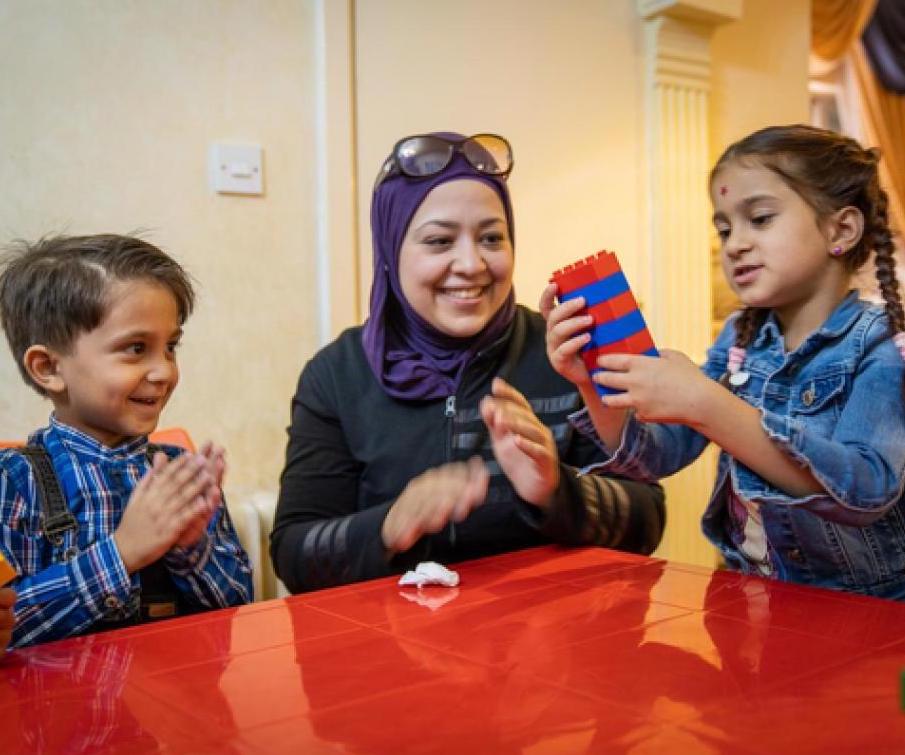
Children in crises often miss out on play-based early childhood education (ECE), with devastating long-term effects on both the children themselves and the societies of which they are a part.
The inclusive provision of early childhood education for all children, including the most vulnerable crisis-affected, has major equalizing potential. Gender equitable ECE is a precursor to gender equitable learning outcomes throughout the learning cycle. Most importantly, play can protect children in situations that demand resilience, adaptivity and ability to cope in healthy ways – and also offers in-roads to development and participation, especially for children with disabilities.
ECE is not currently seen as a top priority for international donors. ECW calculates that in 2017, only an estimated 0.38% of total official development assistance to education in countries affected by crisis went to ECE, while a full third went to primary education.
As a result, children in humanitarian crises are not likely to receive ECE services and caregivers and the wider community are unlikely to be trained to effectively engage and support play-based activities with young children. Consequently, children’s potential for learning in the early years is not realized, contributing to inefficiencies in the formal education systems which further contributes to poor education outcomes.
ECW's Response
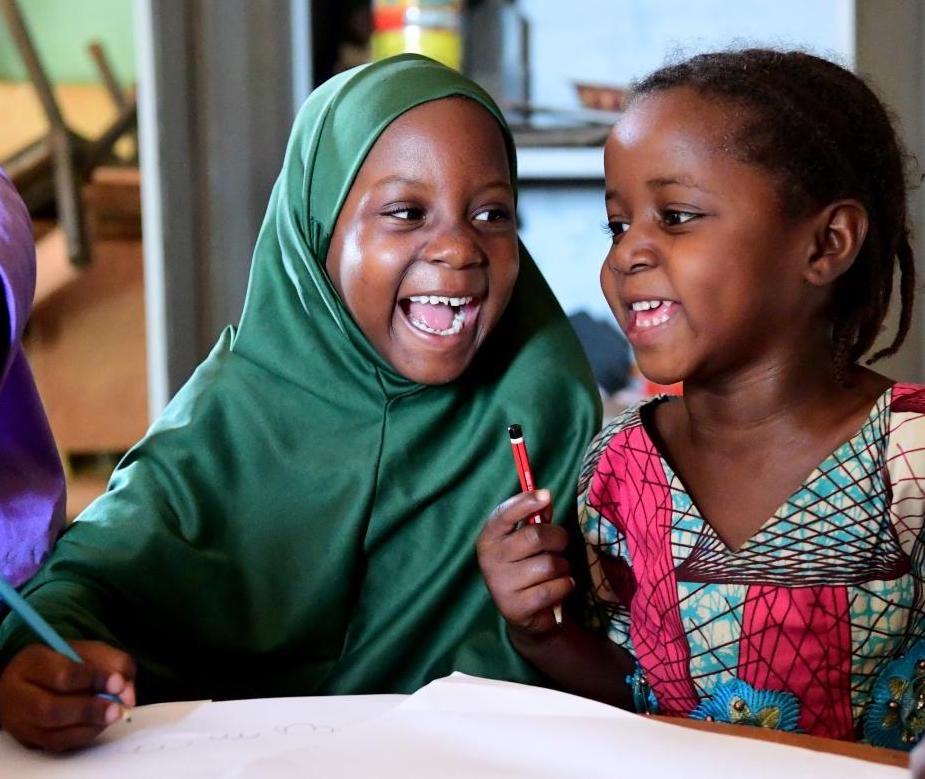
ECW manifested its commitment to Early Childhood Education in 2019, announcing its intention to triple its investments in ECE and allocate 10% of resources to this crucial stage of learning and development. Since then, the Fund has exceeded this goal – resulting in a doubling of children ages 3–6 reached between 2019 and 2020.
The Fund proactively engages in the consolidation of global standards for early learning in emergency situations. Through partnerships with global networks and communities of practice, ECW contributes to the establishment of best practices for localized response. The Fund prioritizes capacity building of local organizations to strengthen delivery of holistic, play-based and caregiver-engaging early learning in crisis situations.
ECW's approach to early childhood education is anchored in a systems-approach – encompassing policy, coordination mechanisms, teachers and learning institutions, parents and children. Early Childhood Education is mainstreamed across investments and the Fund is committed to widening and deepening reach of young children with learning opportunities that protect, develop and nurture them.
Resources include:

